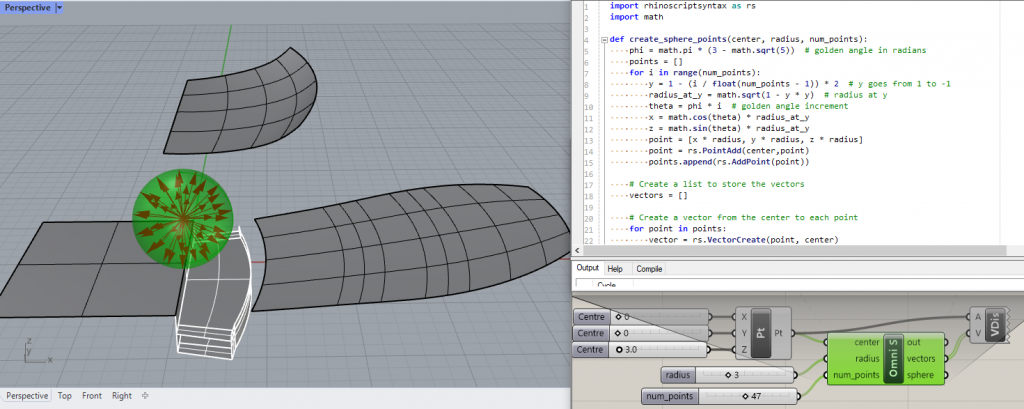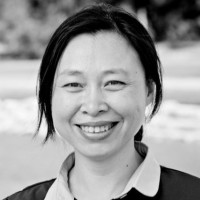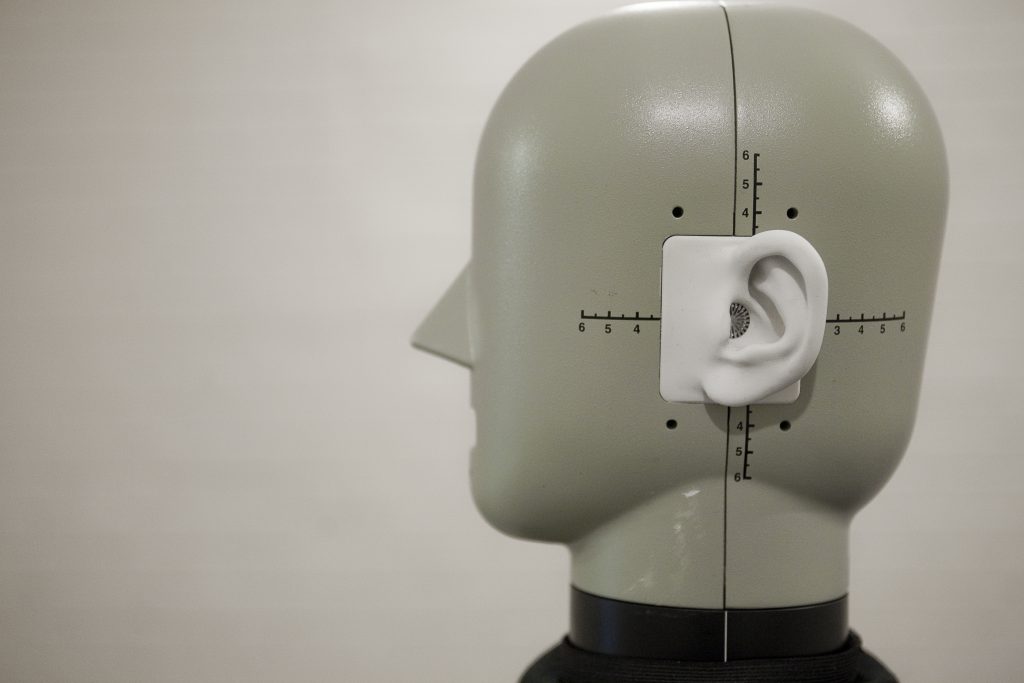Speaker: Shenzhi Su (Cundall)
Wed 24th January 2024 12:00 – 13:00 UK time. This seminar will be an hybrid event: in Newton 240 on campus with online access via this Teams link.

Abstract
Led by OpenAI’s ChatGPT, generative AI rooted in Large Language Models (LLMs) has risen to global prominence in 2023 and continues to improve at an unprecedented pace. The true value of AI is realised through its applications to real-world challenges. Professionals across various domains are now actively exploring its potential.
This presentation explores the integration of generative AI into room acoustic design by harnessing its code generation capabilities. The focus is on the synergy between OpenAI’s GPT models, with a particular emphasis on ChatGPT, and Grasshopper – a parametric coding plugin for Rhino. A case study was conducted to assess the application of OpenAI’s GPTs for coding within Grasshopper for sound reflection analysis. Coding tests using various OpenAI methods revealed that with effective custom instructions the free service ChatGPT based on GPT-3.5 generally produced code quality comparable to the paid GPT-4 methods. The tests highlighted the significant impact of prompts on output quality. Shortening the chain of reasoning was found to be advantageous, and the prompt-for-prompt technique proved useful. Although ChatGPT’s generated code often contained non-executable segments, primarily due to syntax errors, it still proved invaluable for devising coding strategies, identifying appropriate Python functions, facilitating language learning, aiding in debugging, optimising code, conducting testing, and generating coding documentation.
Given the rapid progress of technology, generative AI are becoming increasingly powerful co-pilots for professional software. Software interfaces should support coding with generative AI. For acoustic professionals, possessing coding skills can increase productivity more than ever. The investment of time in acquiring these skills is increasingly necessary in today’s environment.
Biography:

Dr. Shenzhi Su received her Ph.D. in building acoustics from Edinburgh Napier University in 2009. Following a couple of years of research at the university, she joined Marshall Day Acoustics, providing acoustic consultancy for a dozen high-profile performing arts projects in mainland China and Hong Kong. Later, as the chief acoustician of Wanda Group, one of the largest theme park developers, she supervised the acoustic design of over thirty theatres, film studios, outdoor performance venues, and cinemas. She is currently with the leading multi-discipline engineering consulting company Cundall. Dr. Su is passionate about innovating solutions for real-world problems.
